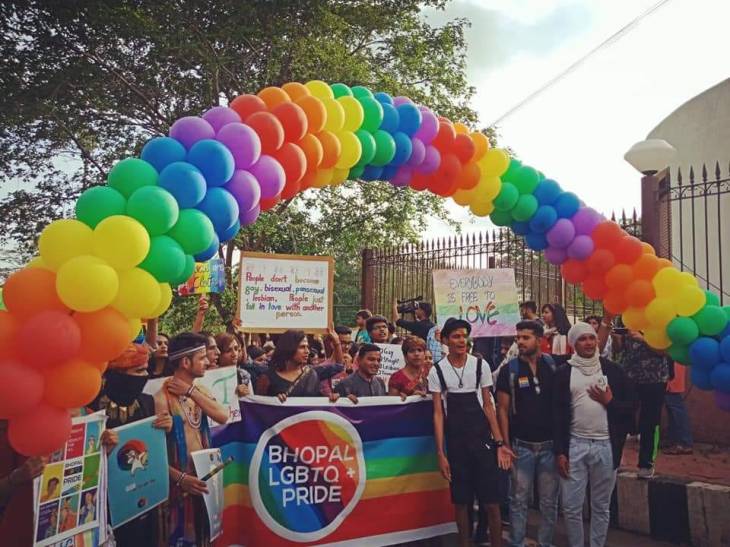Author: Kevin Antunes Lopes
On September 6th 2018, the Indian Supreme Court made history by decriminalising homosexuality. By decreasing the legitimacy of social discrimination against people who identify as Lesbian/Gay/Bisexual/Trans/Queer/Intersex/Asexual (LGBTQIA), India can hope to see positive effects on health and equality.

Stigma and discrimination are well-known barriers to healthcare across various settings. An example of this can be found in the development of the “health and human rights” discourse during the HIV pandemic in the late 1980s. The human right to privacy helped key actors to ensure protection of patients’ personal information. This was crucial in containing the rising pandemic, as it allowed potential patients to get tested and seek treatment without fearing discrimination on behalf of their sexual orientation or HIV-status.
In the case of India, the old law is likely to have kept patients from seeking healthcare for conditions related to their sexuality, fearing that their sexual orientation might result in a judiciary condemnation of ten years in prison. According to national statistics, few convictions were recorded, but the risk of state violence was not limited to imprisonment. Furthermore, discrimination by health practitioners has been another barrier between patients and their treatment, even for those brave enough to seek medical care. By raising barriers to accessing healthcare, the old colonial law is likely to have had negative consequences on the health of individuals and populations. Leaving people untreated, particularly in the case of sexually transmitted infections (STIs), may have increased the rates of transmission and even mortality.
It is important to acknowledge that this historic overruling does not mark the end of all discrimination against India’s LGBTQIA community. Indeed, legislation and mentality are not the same, and despite paving a path for the development of more inclusive rights, collective acceptance will take time. Organisations such as religious and conservative groups opposed the decision of the Supreme Court; their position has been weakened but they are likely to remain vocal about the issue. Furthermore, no anti-discrimination law in favour of the LGBTQIA community exists in India, so there is little legal protection against this kind of abuse. The implementation of so-called positive legal measures would ensure the state’s duty toward the protection of Indian LGBTQIA people’s safety.
There is a growing and lasting international consensus on the legality of sexual intercourse between adult partners of the same gender, yet this overruling reminds us of the efforts still needed to achieve equal rights for all. From an epidemiological perspective, it is hopeful that the decriminalisation of homosexuality will improve access to healthcare and thus reduce disease transmission. From a human rights perspective, Indian citizens can now expect increased freedom from state oppression and the threat of imprisonment. Therefore, the law change is a progressive global health win on many fronts.